ALBANY — Dozens of workers who care for people with disabilities converged at the Capitol Wednesday, calling on Gov. Kathy Hochul to invest in a workforce that has seen record turnover and staffing shortages, complicating the lives of thousands of New York residents living with disabilities.
Underfunding is an issue that pops up perennially and has been well documented for over a decade, but nonprofits and advocates say the current economic climate has led to far more financial difficulty for direct support professionals who work with people with intellectual or developmental disabilities.
Turnover rates are high, as are vacancies. New York Disability Advocates estimates nearly 20,000 direct support staff positions remain vacant. They say the crisis can be solved, partly, by higher wages.
While disability advocates saw some of their demands addressed during this year’s budget session, they are asking Hochul and her administration to avoid letting progress stall. The budget adopted in April saw a cost of living adjustment of 5.4 percent, the first meaningful adjustment in a decade, advocates said Wednesday.
The state’s current leadership “has moved policies and dollars in this field in a way that hasn’t happened in a long, long time,” said Marco Damiani, the CEO of advocacy group AHRC New York City. “That is refreshing, it’s encouraging, but it’s not everything. A lot of the stars are aligned, but we want to make sure it doesn’t get cloudy.”
Damiani said they are exerting pressure from care workers and people with disabilities to demonstrate for Hochul that more action is necessary. Workers are calling for agencies to receive wage enhancements of $4,000 for every eligible employee, which would enhance hourly rates of pay by around $2.19 per hour.
And as next year’s budget session draws closer, they’re asking for an 8.5 percent cost of living adjustment, citing rising costs for rent, fuel and transportation that have in turn left nonprofit agencies cash-strapped and unable to compensate workers.
“This is about human dignity — it’s about people being paid a living wage,” said state Sen. Pete Harckham, a Westchester County Democrat. “And it’s about people with differing abilities knowing that the people who provide them care will be there when they need.”
Pandemic-driven worker shortages have played a large role in the industry-wide shortage, which has also meant that several facilities have been shut down, including many run by the state Office for People with Developmental Disabilities. Around 38 percent of providers have discontinued or reduced programs in the past year alone, according to the ARC, the state’s largest nonprofit for people with disabilities.
Finding sufficient care has been a rough road for Elly Rufer, a mother of a 40-year-old with disabilities. Rufer’s daughter has been hospitalized three times this year, and each visit to the emergency room was taxing for Rufer, who is 76, she said.
“I’m really tired and I’m overwhelmed,” Rufer said. “There’s not enough staff. Without sufficient staff, people with intellectual or developmental disabilities are basically confined to their houses and cannot be the most productive person they can be.”
